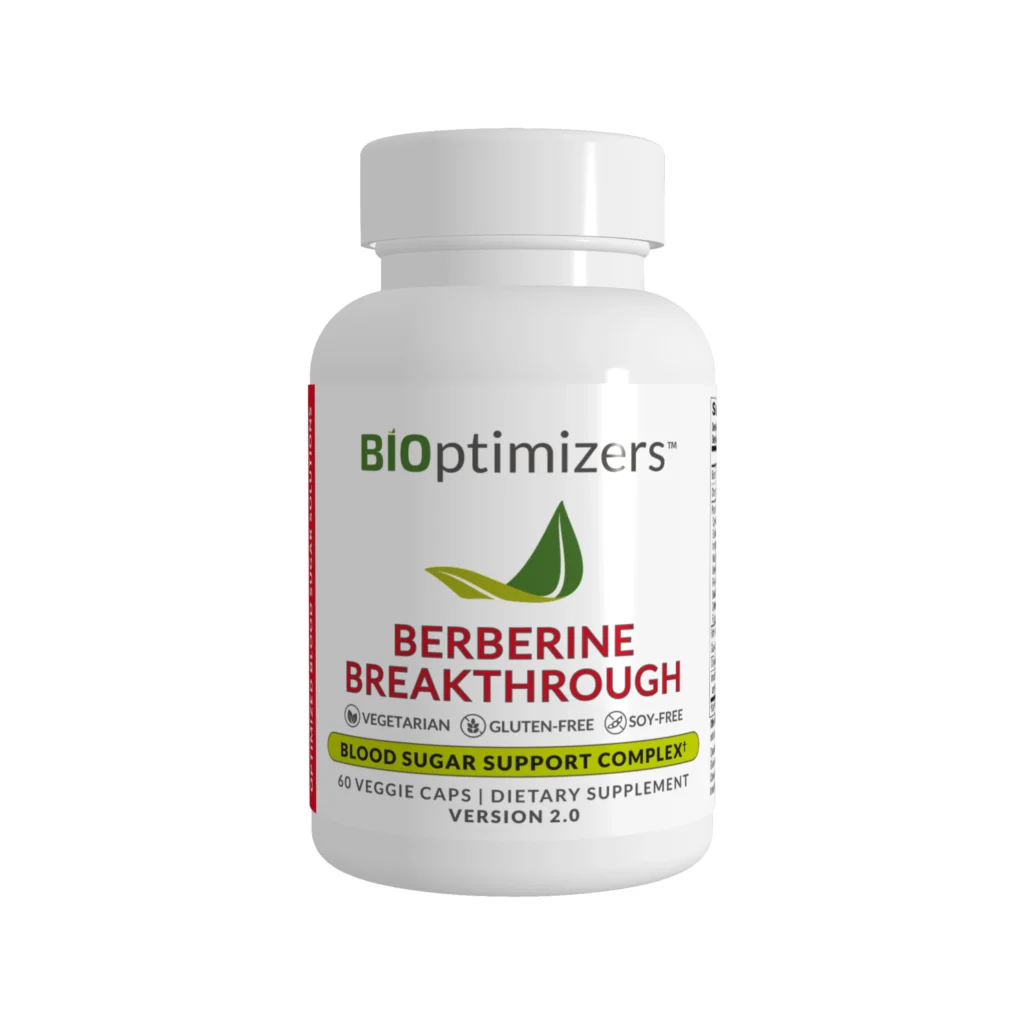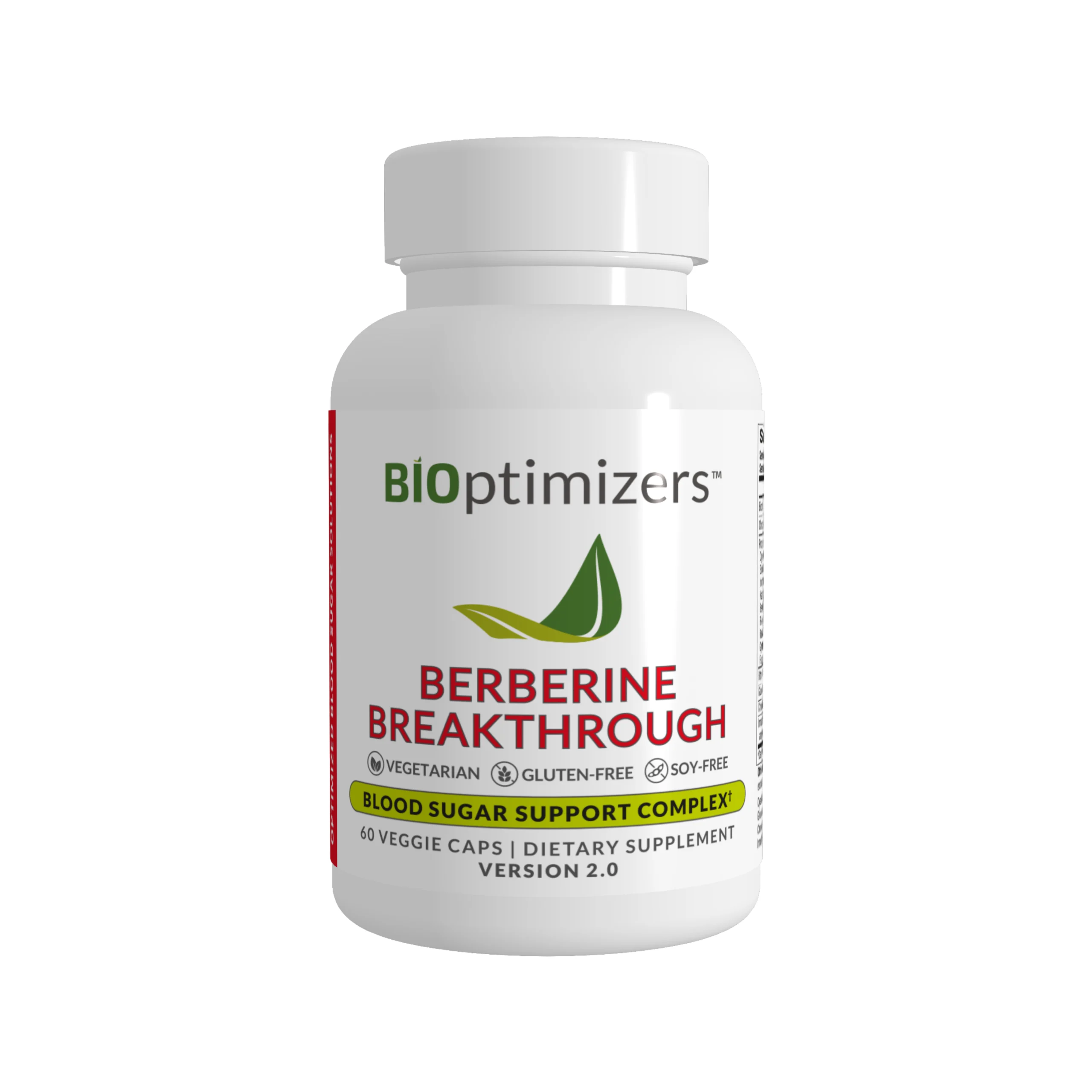Understanding Berberine and Its Benefits
Berberine is a bioactive compound that belongs to the class of alkaloids, primarily extracted from several plants, including the Chinese goldthread (Coptis chinensis), barberry (Berberis vulgaris), and goldenseal (Hydrastis canadensis). Its history can be traced back to ancient Chinese and Ayurvedic medicine, where it has been employed for its therapeutic properties for centuries. Traditionally, berberine has been utilized to treat various ailments, including digestive disorders, infections, and skin conditions.
Recent research has brought berberine to the forefront of modern health discussions, particularly concerning its potential to regulate blood sugar levels. Studies indicate that berberine may help improve insulin sensitivity and lower glucose production in the liver, making it a significant natural option for individuals seeking to maintain healthy blood sugar levels. For instance, a study published in the journal “Metabolism” found that participants who took berberine experienced a substantial reduction in fasting blood glucose levels and improvements in total cholesterol and triglycerides.
Moreover, several clinical trials have confirmed the efficacy of berberine in managing type 2 diabetes. One notable study revealed that berberine could lower blood sugar levels comparable to metformin, one of the most commonly prescribed medications for diabetes. Additionally, berberine’s anti-inflammatory and antioxidant properties contribute to its overall health benefits, enhancing the body’s ability to combat oxidative stress, a compound often linked to chronic diseases and metabolic disorders.
In summary, berberine is a promising compound derived from various plants with significant historical usage in traditional medicine. Its numerous health benefits, especially its ability to support blood sugar regulation, are increasingly being validated through scientific research, establishing berberine as a valuable natural supplement for those striving for optimal health.
How Berberine Works to Balance Blood Sugar
Berberine, a naturally occurring compound found in several plants, has gained prominence for its potential to regulate blood sugar levels. The mechanisms through which berberine operates to achieve this balance are intricate and involve several physiological pathways. Notably, berberine significantly enhances insulin sensitivity, enabling the body to utilize insulin more efficiently. This is particularly beneficial for individuals who experience insulin resistance, a common precursor to type 2 diabetes.
Another pivotal avenue through which berberine exerts its effects is by influencing carbohydrate metabolism. It promotes the uptake of glucose in muscle and fat cells, thereby reducing the amount of sugar circulating in the bloodstream after meals. This action occurs through the activation of the AMP-activated protein kinase (AMPK), an essential regulator of energy metabolism. By activating AMPK, berberine improves the body’s ability to metabolize glucose, leading to decreased insulin levels and overall better blood sugar control.
In contrast to conventional blood sugar management methods, such as pharmaceutical agents or dietary modifications, berberine offers a unique approach. While many medications target insulin secretion or direct glucose production from the liver, berberine’s multifaceted actions not only enhance glucose uptake but also promote fat metabolism and reduce inflammation. This holistic impact contributes to long-term blood sugar balance and metabolic health.
Clinical studies have demonstrated that berberine can be as effective as some prescription medications for improving glycemic control, making it an appealing option for individuals seeking natural alternatives. As research continues, the growing body of evidence supports berberine’s role in blood sugar management, distinguishing it as a powerful ally in the quest for achieving metabolic balance.
Recommended Dosages and Usage of Berberine
Incorporating berberine into a daily routine can significantly enhance blood sugar regulation, but it is essential to understand the appropriate dosages and forms for optimal results. The general recommended dosage of berberine typically ranges from 900 mg to 2,000 mg per day, divided into two or three doses. It is advisable to start with a lower dosage of around 500 mg per day, adjusting gradually based on individual tolerance and response. Taking berberine with meals can also enhance its absorption, providing better blood sugar management benefits.
Berberine is available in various forms, including capsules, powders, and tinctures. Capsules are one of the most convenient options for many individuals, while powders can be mixed into beverages or food for those who prefer more flexibility in their consumption. Tinctures offer a liquid form, which may be more suitable for people who have difficulty swallowing pills. Regardless of the form chosen, ensuring the product is sourced from a reputable manufacturer is essential to guarantee quality and potency.
It is crucial for individuals already taking medication for diabetes or any other chronic condition to consult healthcare professionals before introducing berberine into their regimen. Berberine may interact with certain medications, such as those that lower blood sugar levels, potentially leading to hypoglycemia. Additionally, although berberine is generally safe, some individuals may experience mild side effects such as gastrointestinal discomfort, diarrhea, or constipation. Monitoring one’s body response and consulting with a healthcare provider can help in mitigating these risks and ensuring safe usage.
Success Stories and Real-Life Applications of Berberine
As awareness surrounding natural supplements grows, many individuals have begun to explore berberine as a viable option for managing blood sugar levels. Numerous success stories have emerged from those who have integrated berberine into their daily health regimens. These personal anecdotes not only highlight the potential benefits of berberine but also inspire others to seek out natural methods for blood sugar balance.
One notable story comes from a middle-aged man, diagnosed with prediabetes, who was struggling to manage his blood sugar through diet and exercise alone. After consulting with his healthcare provider, he began taking berberine supplements alongside a low-carbohydrate diet. Within a few months, he reported significant improvements in his glucose readings. The combination of the supplement and lifestyle changes helped him drop weight and stabilize his blood sugar levels, allowing him to regain control over his health.
Similarly, a woman with type 2 diabetes shared her journey of incorporating berberine into her routine. After experiencing side effects from conventional medications, she opted for a natural approach. By taking berberine and maintaining a balanced diet rich in whole foods, she was able to achieve remarkable results. Her A1C levels decreased over time, prompting her healthcare provider to adjust her medication plan. This transition not only improved her health but also enhanced her overall quality of life.
These real-life applications demonstrate berberine’s potential as a natural solution for blood sugar management. Additionally, individuals have found success by combining berberine with other strategies such as regular exercise and mindfulness practices. Surfacing these insights can motivate those interested in holistic health approaches to consider berberine’s promise as a powerful ally in their journey towards blood sugar balance. In their testimonials, the common thread is a commitment to maintaining consistency and an openness to adapting their lifestyles for improved well-being.



